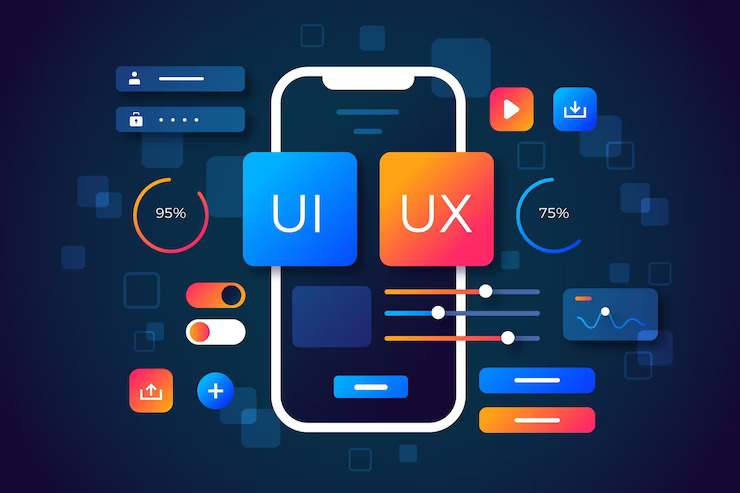BLOG
Rise of AI & its Integration in Every Day’s Life
AI Technology is not new to this world; it has already created a buzz around the globe. Today Artificial intelligence has paved its path from being a luxury to entering the daily lives of people.
Almost every industry today is looking up to the power of AI to leverage their business performance and generating whopping revenues. This new era is smart where applications have become intelligent, devices have become smarter and everything is now at the core of machine learning.
AI has increased exponentially in the past few years be it any industry. Whether it’s Apple, Amazon, Google, Microsoft, and many more, all these reputed giants are taking the help of AI to create a better world.
Here are some of the ways how AI managed to penetrate the daily lives of people and making it a lot easier.
Digital Entertainment Media: Ever wondered how on Netflix you get recommendations that are similar to your interests? Well, it’s all because of the extraordinary power of AI. Today almost all the digital media platforms use AI technology to provide their users with a swift and customized experience.
In the entertainment industry, we have now reached a point where we are in content nirvana.
“No matter how good your content is, it doesn’t matter if it cannot be found!”
Today most of the OTT platforms use content-based recommendation engines. These AI-based engines analyze the content on a much deeper level and give users the best-personalized recommendations which they would love to watch!
AI is proving to be a boon for the Digital Media platforms which has increased their Revenues to whooping numbers. Did you know? Netflix claimed that in the past year it has saved up to $1 Billion because of AI-powered recommendations. Isn’t it amazing? AI is making its mark on the OTT platforms.

Email communication: Emails are one of the fastest and most effective modes of communication. According to stats, the number of active email users is forecasted to reach 4.3 billion in 2023. Isn’t it an insane number? It is and by this, we can realize the power of email communication.
Today Email platforms are using the power of AI to make it more smart and swift for the users. One such Integration of AI is in the smart replies which you must have seen on Gmail.
Smart replies offer a recommended reply which the users can use to simply reply. It’s it so useful and time-saving? Users can now reply with just one click as the replies are customized according to the content of the email. Here is a snap of Gmail smart replies that use AI for customized replies.
Apart from smart replies Gmail also introduces the segmentation of emails according to their content. Like, Primary, social, promotion, Spam, etc. This not only provides a better user experience but also saves a lot of time.
Self-driving vehicles: Many companies today are using the power of AI and integrating it in their Vehicles. Huge giants like Toyota, Mercedes-Benz, Tesla, Volvo, Audi are already using the power of AI to make their vehicles smart and enabling their vehicles to drive themselves. Isn’t it such a powerful revolution?
Web searching: Ever wondered whenever you are searching for anything on Google it automatically shows up recommended results, it’s all because of the AI technology. Search engines have changed and transformed a lot since the beginning of Web search. Today search engines use AI to leverage their engines for providing the users with what they are looking for.

Web searching: Ever wondered whenever you are searching for anything on Google it automatically shows up recommended results, it’s all because of the AI technology. Search engines have changed and transformed a lot since the beginning of Web search. Today search engines use AI to leverage their engines for providing the users with what they are looking for.

Predictive searches are based on the data that search engines collect about you. Like your age, interests, geographic location, and even your search patterns. This data is used by AI to give you the most accurate results which you are looking for.
Hey Siri, how is the weather today?
Did we ever imagine that one day we will have everything sorted out just by simple voice command? All this was possible because of the powerful integration of AI into the devices.
From voice search to smart text recommendation, our devices have become smarter with the help of AI Technology. Whether it’s Google Assistants, Echo Dot, or Alexa all have become a beloved part of our daily lives. Google nest is another good example of a smart AI-powered device that is making the lives of people simpler and easier.
Without a doubt, today AI is making our lives simpler and efficient every day. This technology has proven to be a boon for businesses and as well as in the daily lives of people. To know more about AI technology and services contact us.
Related Topics
Trending Topics
Want to build Super app for your business?



